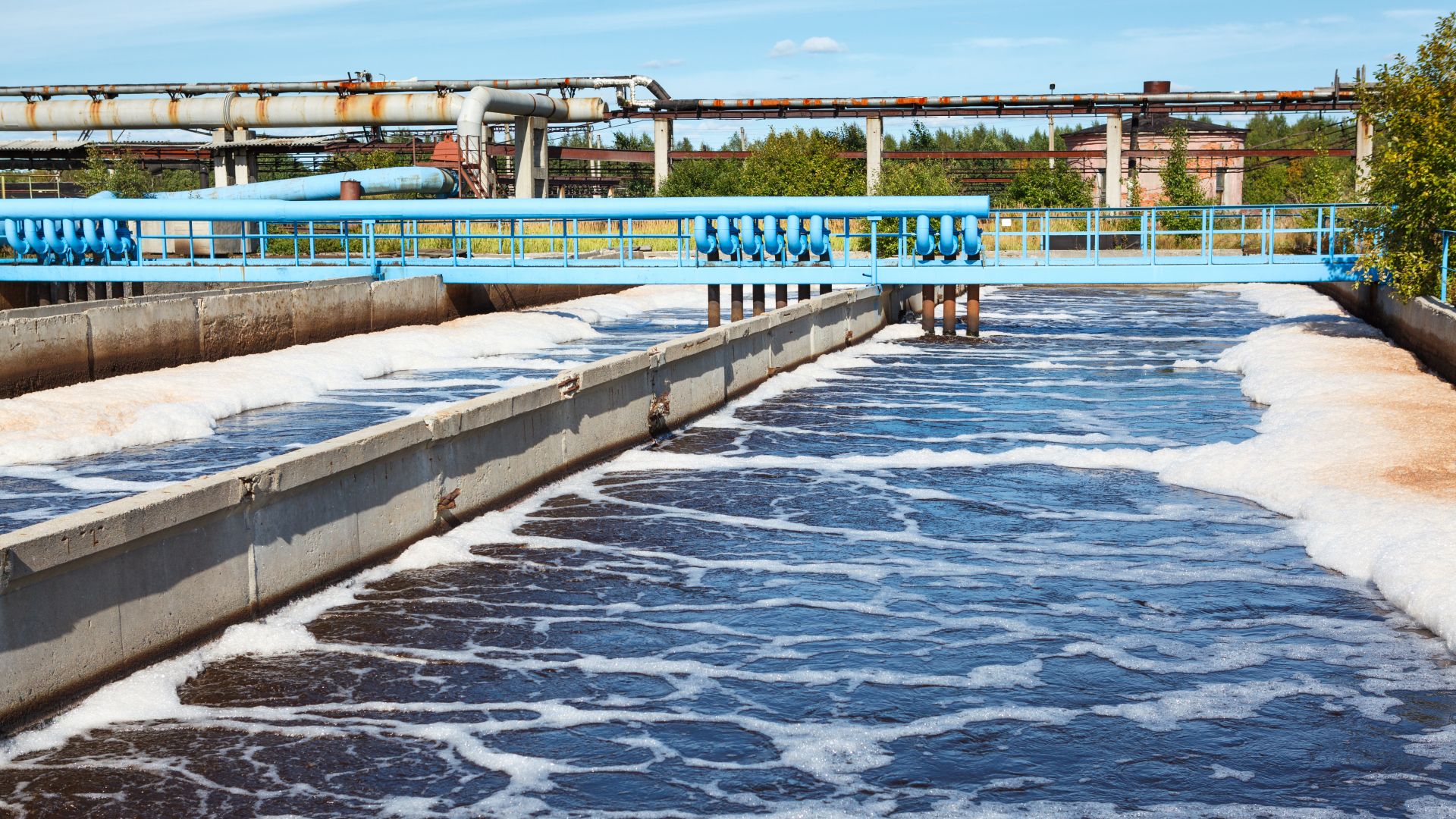The Socialists and Democrats (S&Ds) in the European Parliament have secured significant victories in the overhaul of the Urban Wastewater Treatment Directive, championing measures that promise to revolutionise wastewater management across the European Union.
Building upon the foundation laid down by the European Green Deal, the revised directive addresses pollution, promotes climate action, and safeguards public health. After more than 30 years, the EU Directive of 1991 will be significantly updated, bringing to citizens in the next years a new fourth level cleaning for pharmaceutical and cosmetic products, paid by the industry in line with the polluter pays principle. A striking 92% of toxic pollutants in wastewater originate from the pharmaceutical and cosmetics sectors.
The successful introduction of binding energy neutrality targets for the wastewater sector reflects the S&D's commitment to environmental sustainability. These targets, which promote renewable energy sources and energy efficiency in wastewater treatment, contribute significantly to the EU's climate neutrality goals while advancing methane reduction initiatives, essential for mitigating climate change.
Marek Balt, S&D negotiator on the Wastewater Treatment Directive revision, said:
"We are driving the wastewater sector towards energy neutrality to combat climate change effectively. Our focus on renewable energy and energy efficiency aligns with our commitment to climate neutrality by 2050.
“The principle of Extended Producer Responsibility (EPR) ensures that industries responsible for toxic micropollutants in wastewater, particularly those in the pharmaceutical and cosmetics sectors, bear the cost of treatment. This victory underscores the S&D's emphasis on corporate accountability for environmental impacts and reinforces the notion that polluters must pay for the pollution they generate.”
Notes to editors:
Further improvements pushed by S&Ds:
Improved Sanitation Access: Recognising the importance of access to sanitation for all EU citizens, especially vulnerable and marginalised populations, the directive mandates EU countries to enhance sanitation infrastructure. This commitment to social equity and public health exemplifies the S&D's dedication to ensuring the well-being of all Europeans.
Enhanced Monitoring for Public Health: The inclusion of health parameter monitoring in wastewater, including tracking viruses like SARS-CoV-2, enhances public health preparedness and underscores the S&D's commitment to evidence-based policymaking and proactive pandemic management.
Alignment with European Green Deal: The revised wastewater rules align with the European Green Deal's zero pollution ambition, addressing pollutants in urban wastewater and promoting environmental protection and sustainability. This alignment reaffirms the S&D's commitment to building a cleaner, greener future for Europe.
Adoption of the 'One Health' Approach: Acknowledging the 'One Health' approach in the directive reflects the S&D's commitment to sustainably balancing the health of people, animals, and ecosystems. This approach aims to avoid adverse health effects, including epidemics, and promotes prudent and responsible use of antibiotics to address the global rise in Antimicrobial Resistance (AMR).
The S&D Group successfully advocated for the expansion of the directive's scope to cover all cities with more than 1,000 inhabitants; a move aimed at targeting pollution from smaller cities and stormwater overflows. This expansion aligns with the S&D's vision for a pollution-free environment by 2050 and emphasises the importance of green and blue infrastructure, including green urban spaces, green roofs, and vegetated ditches, in mitigating the negative effects of urban runoff, setting the stage for a cleaner, greener future for Europe.










